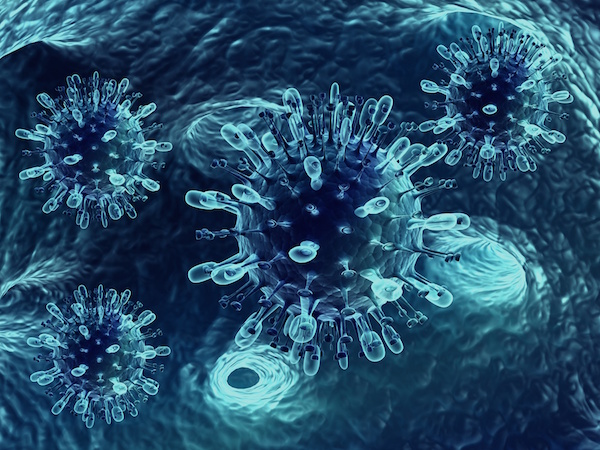
THURSDAY, June 17 (HealthDay News) — Researchers have identified a gene mutation that increases the risk of blood clots in women taking the anti-cancer drug tamoxifen after surgery for early-stage breast cancer.
Tamoxifen is widely used for patients with hormone receptor-positive breast cancer, but previous studies have shown that it increases the risk of blood clots, according to background information in a news release about the new study.
The study included 412 women, median age 64, who received tamoxifen as “adjuvant” treatment for stage I, II or IIIA breast cancer. In cancer therapy, an adjuvant treatment is one used after surgery to improve the outcome of patients at high risk of recurrence. The women were treated between January 1999 and April 2005, and blood clots developed in 141 of the women.
Patients who developed a blood clot while taking tamoxifen were nearly five times more likely to have a genetic mutation called factor V Leiden than those who didn’t develop a blood clot, according to the report published online June 16 in the Journal of the National Cancer Institute.
“These data may prove useful to women who must decide between tamoxifen and an effective . . . alternate adjuvant therapy for breast cancer” that essentially doesn’t cause the blood to clot, wrote Dr. Judy E. Garber, of the Dana-Farber Cancer Institute and colleagues, in the news release from the journal’s publisher.
Alternatives, she said, might include aromatase inhibitors for postmenopausal women and gonadotropin-releasing hormone analogs or oophorectomy — the surgical removal of an ovary or ovaries — for premenopausal women.
More information
The U.S. National Cancer Institute has more about tamoxifen.

